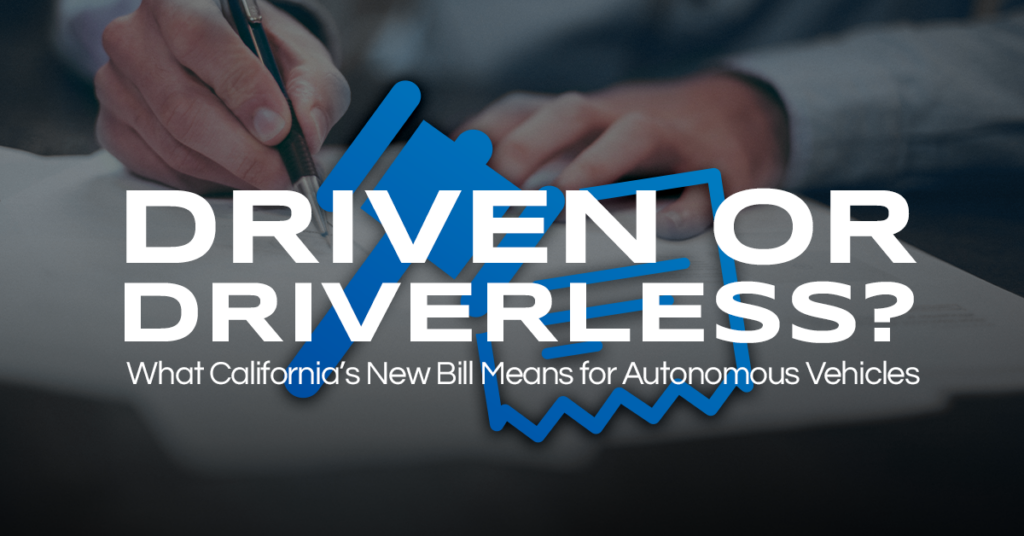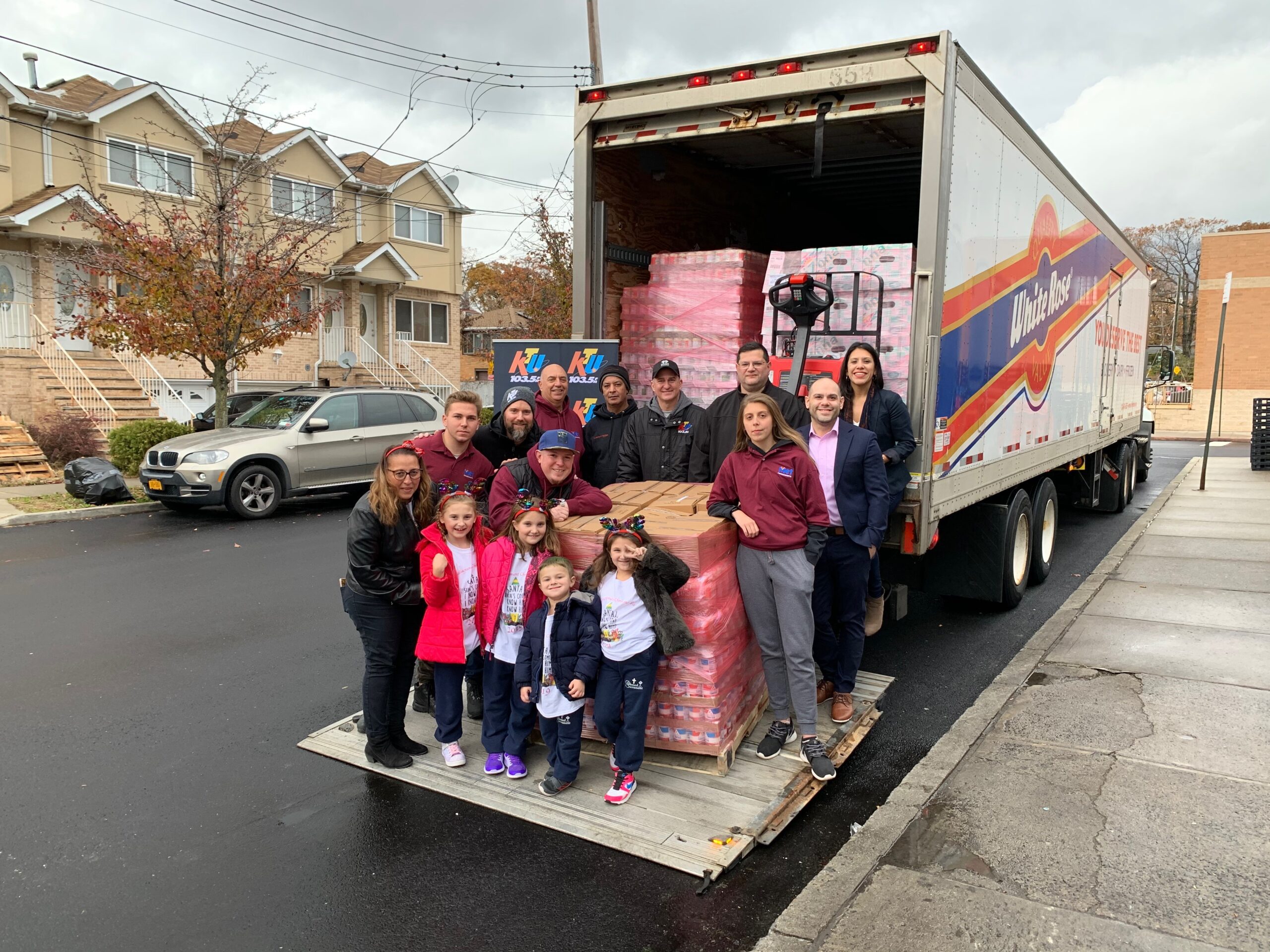
A Setback for Autonomous Trucks in California
California passed a bill on Monday that requires a trained safety operator to be present in autonomous, heavy-duty vehicles anytime they are operated on public roads within the state. The bill, known as AB 316, passed the Senate floor with 36 votes in favor and two against and still needs to be signed by California Governor Gavin Newsom before becoming law.
What Will This Mean for Driverless Trucks?
The bill would, in essence, ban driverless AV trucks, as Newsom has a reputation for being friendly to the tech industry and is expected to veto AB 316. This has disappointed trucking companies, who hope to drive up the efficiency and safety of the industry by incorporating autonomous technology. Having to keep a safety operator in the front seat defeats the purpose of such vehicles, and opponents of AB 316 believe that it will hinder the advancement of tech which could help save lives.
The Data Behind AV Safety
In 2021, there were 5,788 truck crash fatalities, a 47% increase from 10 years prior. Conversely, driverless AVs have recorded zero fatalities in the two years they have been operating on public roads, with tens of millions of miles driven.
What The State Legislature is Requiring of Autonomous Trucks
Because of this bill, the DMV is needed to now provide evidence of safety to policymakers before driverless technology can be implemented in California. By January 1, 2029, or five years after testing begins (whichever is later), the DMV will need to submit a report to the state with data about the performance of AV technology, its impact on public safety and employment in the trucking sector, and a recommendation on the need for human safety operators in autonomous trucks. This means that California may not see AVs being operated without a human safety operator in the front seat until 2030.
Reactions From Opposing Sides
Advocates of the bill argue that it will protect California road users and ensure job security for truck drivers, while opponents of the bill argue that it defeats the purpose of autonomous technology. Those in favor of the technology point to the high truck crash toll in comparison to the zero fatalities caused by AVs.
Before You Go…
The future of autonomous heavy-duty vehicles on California roads hinges on the decision of Governor Gavin Newsom, who is expected to veto AB 316. Nevertheless, California will require an increasing amount of data on the performance of driverless technology before its implementation, and it may not be until 2030 that safety operators are no longer needed in autonomous trucks in California.
If you made it to this part of the article, we’d just like to take a moment to thank you for taking the time to read this weekly recap. Be safe out there and as always, If you’re in search of CDL A, B, or warehouse positions, check out our open positions. And if you need staffing solutions for commercial driving or industrial positions, be sure to explore our offerings.



